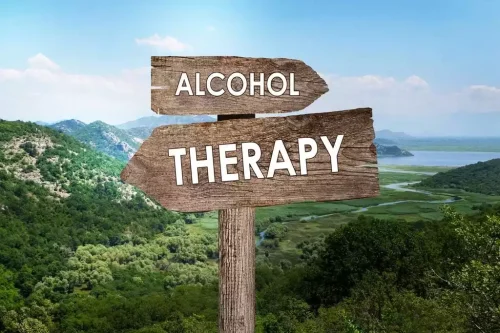
It’s currently unknown whether or not alcohol dehydrates muscle, but it definitely weakens it. Due to its diuretic effect, alcohol makes it more likely for tissues to be deficient in electrolytes. This is something for athletes to be aware of, as it puts them at greater risk of pulling or straining their muscles.
Hydration Supplements to Combat Alcohol Dehydration
- When you are dehydrated, there is less blood travelling around the body.
- For this reason, many experts recommend limiting your intake of processed meats.
- Drinking on an empty stomach will speed up your blood alcohol levels so you get both drunk and dehydrated faster.
- Condiments, like salad dressings, ketchup, and soy sauce, can be an unexpected source of sodium in your meals.
- However, even this may not help you avoid a harsh bout of dehydration.
- While hangover symptoms may remain, be sure to drink water to help speed your recovery.
- Speak to a pharmacist about what products may help in this situation.
They may ask you to adjust them or to follow different advice altogether. Keep drinking until your pee is pale https://ecosoberhouse.com/ and clear, which shows you are well hydrated. If you have had severe diarrhoea or vomiting, you may also need to replace the salts, minerals, and sugars you may have lost along with the fluids.
Alcohol Dehydration: Frequently Asked Questions
It’s important to respond to these signs promptly, especially in environments where alcohol is consumed, to maintain optimal health and well-being. Eating certain foods and drinking certain beverages may dehydrate you by triggering increased urination and impacting your ability to maintain optimal fluid balance. Although we can’t fully prevent dehydration that accompanies drinking alcohol, we can take steps to help our body process the alcohol and lessen the effects of dehydration.
Moderate to Severe Symptoms
You can also pair the listed drinks with plenty of water throughout the day to help you stay hydrated. In addition, certain types of energy drinks contain other ingredients that could contribute to dehydration. We know alcohol can make us dehydrated, but not everyone gets dehydrated at the same rate. Let’s go through some reasons why dehydration from alcohol may impact different people differently. No matter the cause of our dehydration, it’s important for us to replenish our fluids as soon as possible.
Alcohol can cause increased urination, increased heart rate or body heat, vomiting, and other issues that can increase dehydration. Avoiding alcohol is the best way to prevent this problem, but if you do drink alcohol, be sure to also drink extra water with solutes such as protein. does alcohol dehydrate you Yes, alcohol has a diuretic effect, which means that consuming alcohol increases urine production and leads to fluid loss and dehydration. Yet, the most effective way to avoid feeling unwell is to drink alcohol in moderation; avoid overindulgence and stay hydrated by interspersing water with alcoholic beverages. Abiding by the principle of alternating between an alcoholic drink and a glass of water can significantly assist in maintaining well-being both during the night and into the following day. When consuming alcoholic beverages, it’s important to limit your intake and stay hydrated by drinking water between cocktails.
You may experience this as a racing, pounding heartbeat in your chest, called palpitations. Studies have also linked energy drinks to serious side effects, including anxiety, rapid and irregular heartbeat, kidney injury seizures, and death. Your body is attempting to get rid of sugar; hence, the frequent urination. Your urine may be sweet smelling and it may be accompanied by weight loss.
- Many energy drinks are very high in caffeine, which can cause increased urine output in large doses.
- Sugary drink consumption is also linked with several health issues, such as an increased risk of high blood sugar, heart disease, and more.
- Alcohol convinces the pituitary gland that ADH shouldn’t be introduced into the situation, despite the alcoholic drink itself being made up largely of water.
- This happens at a rate of about one beer, a small glass of wine, or one shot of liquor per hour.
- Factors like your medication, how much you sweat and if you’re sick can affect your levels of hydration.